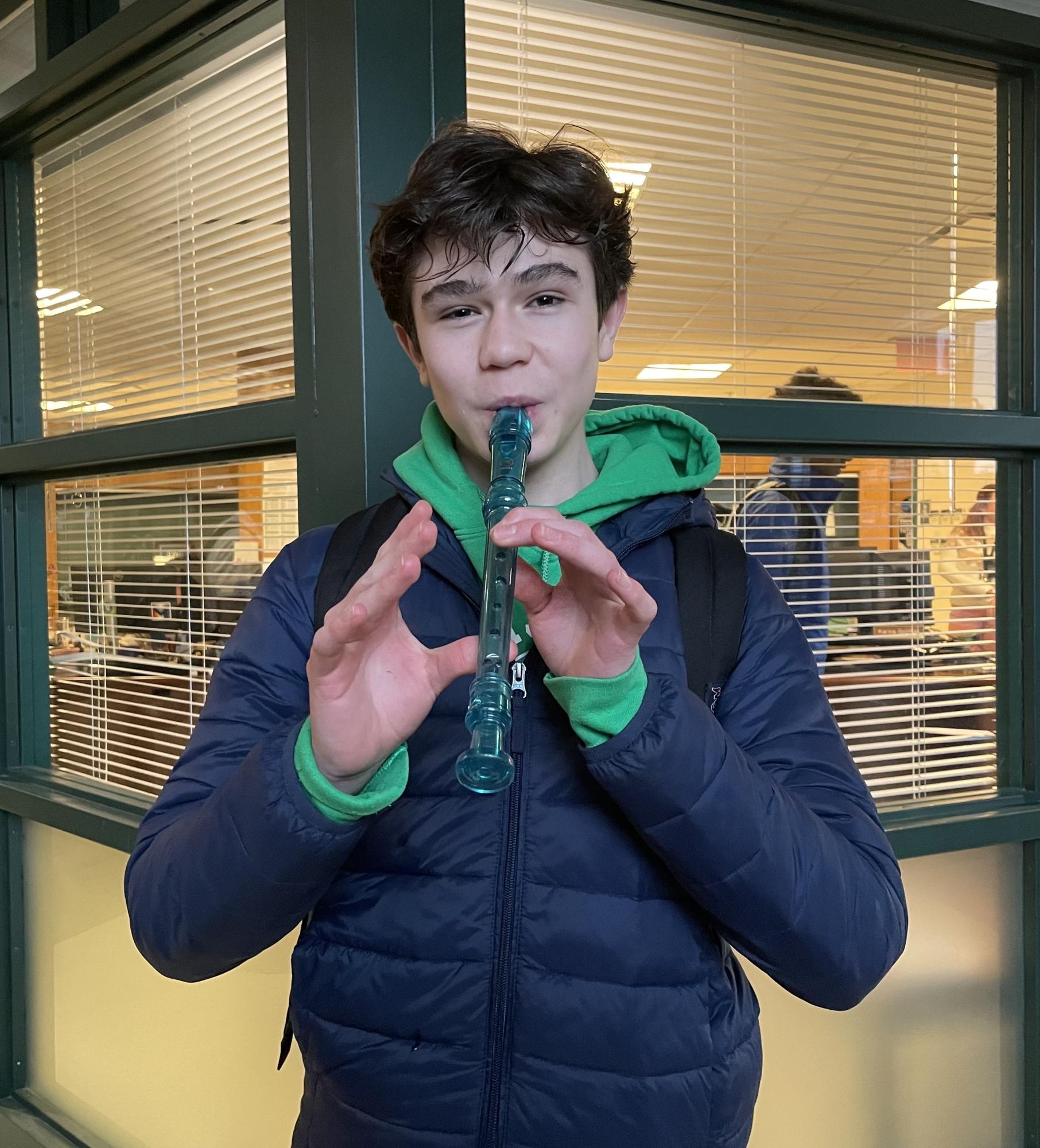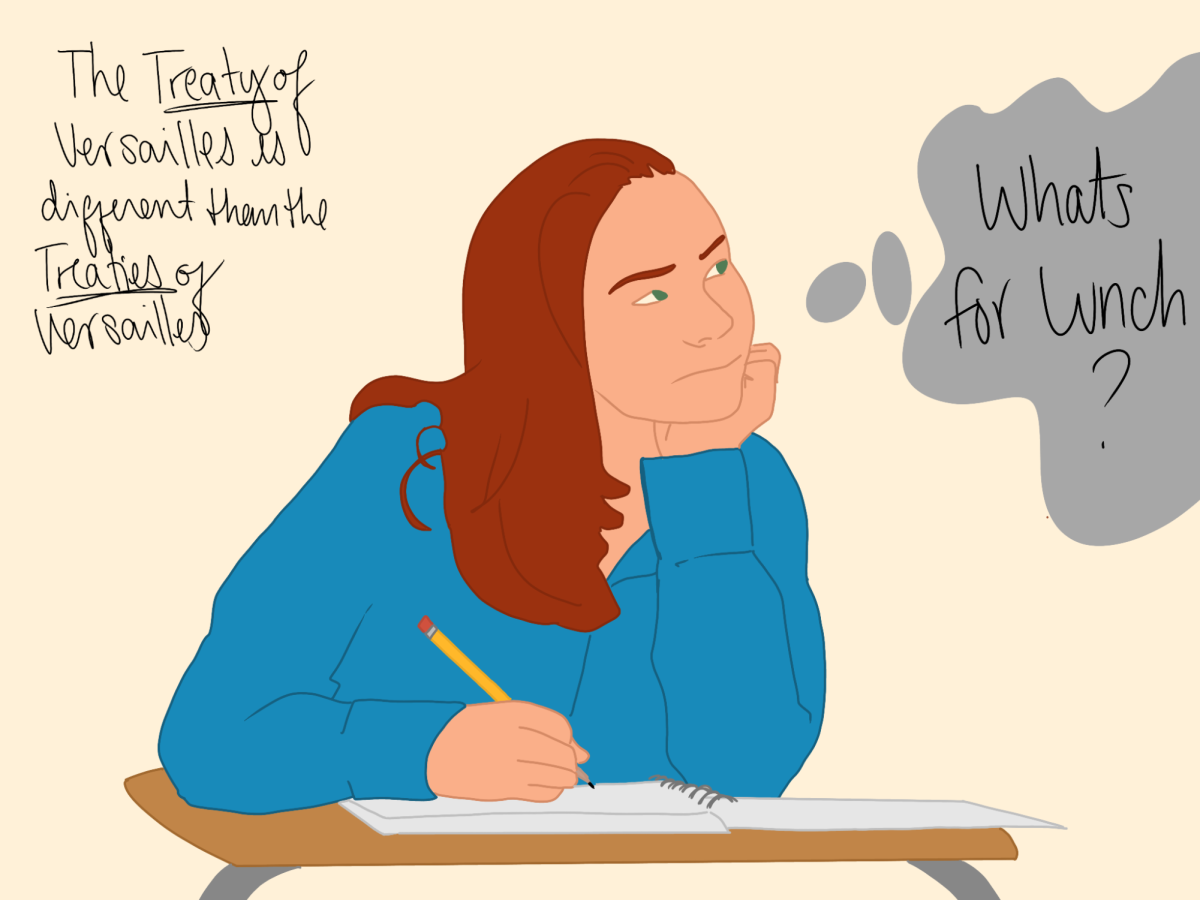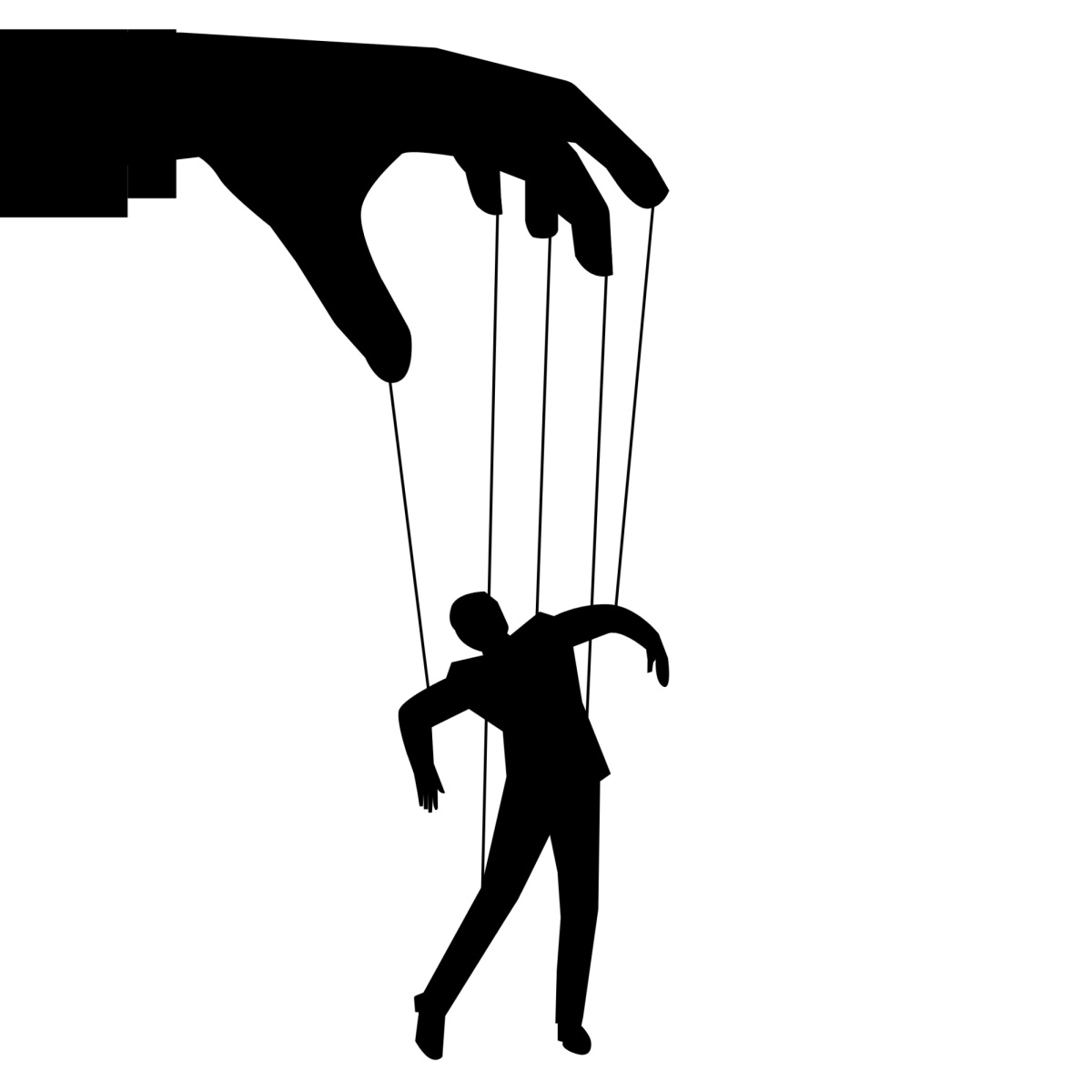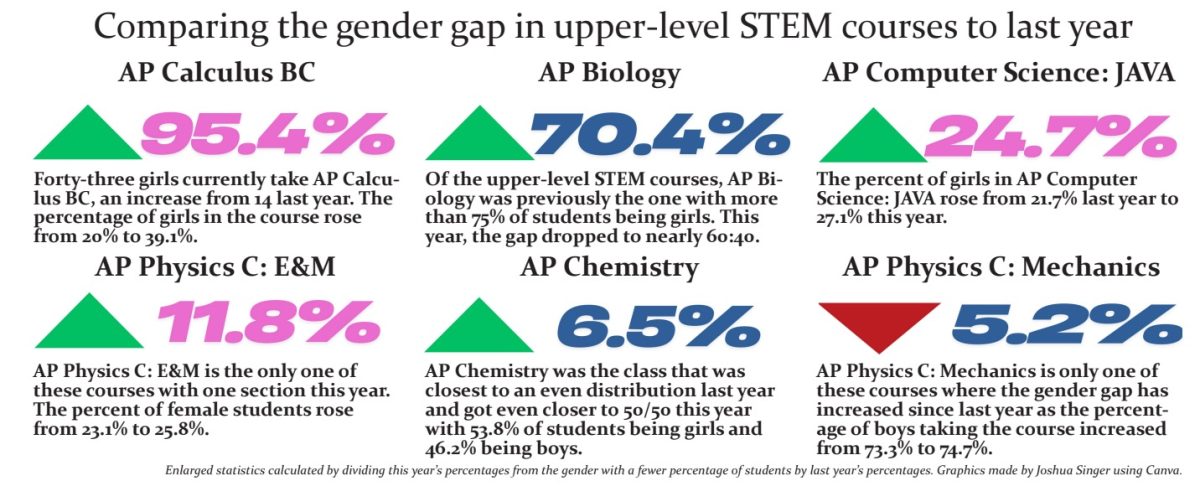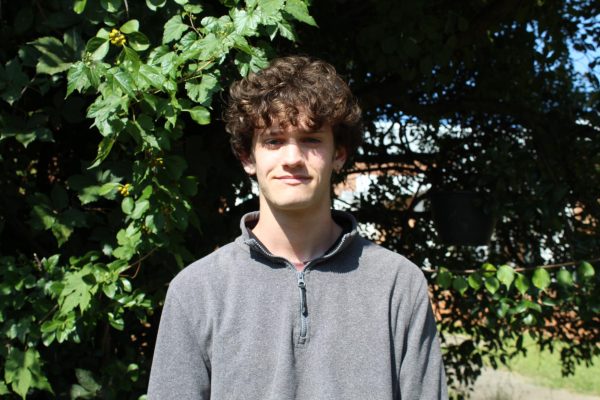I saw a beautiful moment in the school bathroom the other day.
I was walking with my girlfriend to the portables when I glanced over to the boy’s bathroom and saw a bunch of kids standing around. I noted it to her with some disdain, thinking a small fight or drug-use session was going on, and we continued walking. However, curiosity got the best of me, and a few seconds of contemplation led me to abandon my girlfriend as I darted away, saying, “I’ll see you next period, I’m just gonna go see what’s happening.”
I entered the putrid bathroom and heard a remarkable silence. A sound sliced through the silence like a hot knife cutting butter: a kid beautifully playing a bright green recorder.
My first thought was that I needed to record this precious moment on my phone. But as I looked around at my teenage peers, I barely noticed a phone in sight. Some were chuckling and smiling, but for the most part, not in a condescending way. The talent on display was appreciated by the group of maybe 15 boys, despite the insanity of the location.
As freshman Elias Farfan played his last note and everyone clapped and cheered, I thought of the high school rhetoric where kids get shoved in lockers and books snatched out of their hands. But I know for a fact that not one person in that bathroom had a fleeting thought to stop the music. It was a kind of “peer pressure” to keep watching that had made this moment happen. Regardless of whether those peers were watching the performance patronizingly or with genuine interest, the crowd was listening in silence.
“I got [the recorder] for Christmas,” Farfan said. “I felt the school was getting a little cold, people were being a little gloomy, so I just decided to play.”
We often aren’t aware of the influence of those who surround us in our environment. I followed the actions of the others in the bathroom by not recording and instead taking in the moment with just my memory. But I didn’t realize the effect those around me had on my actions until this very moment, writing down this story.
Peer pressure isn’t inherently bad, but as peers, we must all be cautious of what pressure we apply.
The physical dangers of peer pressure are seen most easily: trying drugs, fighting or reckless driving. Most awareness is spread around these, but an easier trap to fall into is the pressure a toxic culture can have on the mind.
I’ve seen peer pressure turn young boys into cruel ones who shout rape jokes without a second thought. But I’ve also seen peer pressure make starry-eyed lover boys finally ask out the girl they like on a date. Who you are surrounded by determines in a large part who you will become.
American culture today would rather breed apathy because it’s much easier than creating people who care deeply about others they aren’t close with. We hardly ever look at the damage a joke whispered behind someone’s back can do because we’ve been looking at it the wrong way. It’s not necessarily about the damage you do to that classmate, teacher or stranger on the street; it’s more about how you are training your mind to be okay with hurting others.
If saying a girl’s muscles make her look like a man, turning words like autistic and gay into insults, or blatant racism disguised as a joke are all swept under the rug, a whole generation’s perception of hate has been shifted to make it seem okay. Your mind is susceptible to beliefs and prejudices you may never be aware of and can be created at any time, especially over a long period. This moment in the school bathroom reminded me of the humanity we are capable of having, even in a toxic culture that tends to promote a lack of empathy.
“Playing the recorder in the bathroom and other public areas affects the student culture because it brings joy to the school,” Farfan said.
It also made me realize that we, as a student body, have the ability to create a culture that motivates (peer pressures) us to become better people. We can actively change peer pressure to become positive motivation that, say, makes one’s first thought not to film a moment but actually experience it. Be a part of the solution, play your recorder.
“Do not waste time bothering whether you ‘love’ your neighbor; act as if you did,” British author C.S. Lewis once said. “As soon as we do this, we find one of the great secrets. When you are behaving as if you loved someone, you will presently come to love him.”
They lay undetected but can still cause as much damage as those physical peer pressures that manifest themselves.
This leads to a toxic culture, which is now what our youth is faced with.
When you surround yourself with others who are focused in a class, you are more focused on learning than if you were near friends who are distracted; this is, in a sense, a great positive of “peer pressure.”


